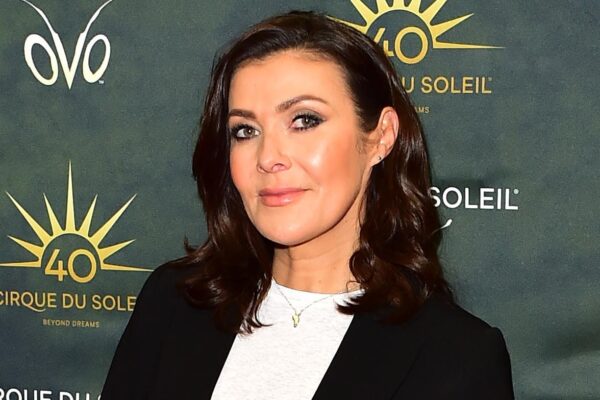
Introduction
Caroline Flack, the beloved television presenter and former host of the popular UK dating show ‘Love Island’, left an indelible mark on the entertainment industry and the lives of many fans. Her tragic passing in February 2020 sparked a nationwide conversation about mental health, particularly in the context of fame and public scrutiny. This article aims to revisit her contributions, the challenges she faced, and the importance of continuing the dialogue around mental health.
Caroline Flack: A Career Highlight
Flack began her career in television in the early 2000s, earning recognition for her work across various shows, including ‘The X Factor’ and ‘I’m a Celebrity… Get Me Out of Here!’ However, it was her role as the host of ‘Love Island’ that catapulted her to stardom, drawing in millions of viewers each season. Her charm, wit, and relatability made her a fan favourite, and she became synonymous with the show’s success.
The Challenges She Faced
Despite her popularity, Flack’s life was not without challenges. As her fame grew, so did the scrutiny of the media and social networks, casting a shadow over her personal life. In December 2019, she faced legal troubles that led to significant media attention, contributing to a downturn in her mental health. The pressures of public life are often magnified for those in the limelight, and Flack was no exception. Her candidness about her experiences would later resonate with fans and highlight the significant issue of mental health awareness.
Impact on Mental Health Awareness
Following her untimely death, Flack’s story ignited discussions about mental health, particularly the need for empathy and understanding towards those in the public eye. Campaigns advocating for mental health support soared, along with calls for reform in how the media treats celebrities. Charities, including Mind and Samaritans, received increased attention and donations, signifying a shift in public consciousness regarding mental well-being. Fans and public figures alike took to social media to share messages of support and understanding, fostering a communal effort towards de-stigmatizing mental health issues.
Conclusion
Caroline Flack’s legacy extends beyond her television career. She has become a symbol of the conversation surrounding mental health, urging society to reconsider the implications of fame and its toll. As we continue to celebrate her contributions to entertainment, it is equally important to remember the vital lessons her life provides regarding the importance of mental health awareness. The ongoing discussions inspired by her story serve as a reminder that everyone is fighting their battles, and kindness could make all the difference.
You may also like

The Journey of Chris Mason: A Prominent Broadcaster in the UK

Everything You Need to Know About ITV2

Kym Marsh: A Journey Through Entertainment and Achievement
SEARCH
LAST NEWS
- Remembering Wendy Richard: The Promise to Co-Star Natalie Cassidy
- How Did Anglian Water Achieve an ‘Essentials’ Rating for Mental Health Accessibility?
- Shai Hope Leads West Indies in T20 World Cup Clash Against South Africa
- What We Know About Weston McKennie: Future at Juventus and Past at Leeds
- What We Know About the Upcoming Live Nation Antitrust Trial